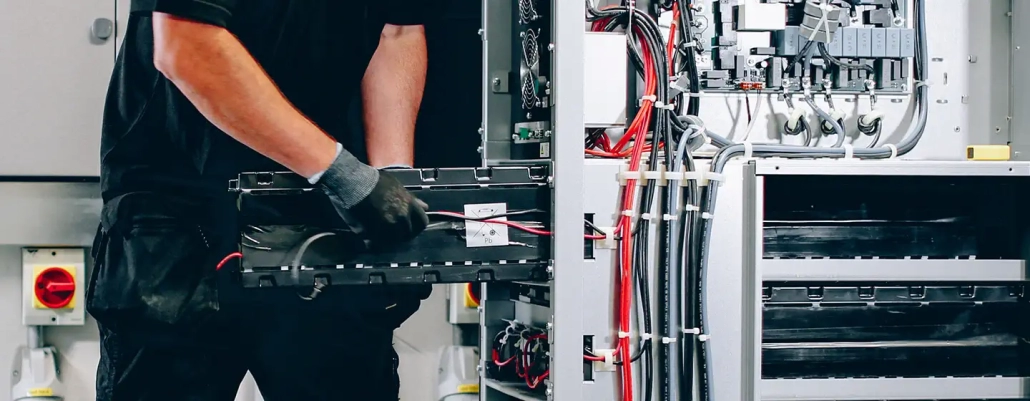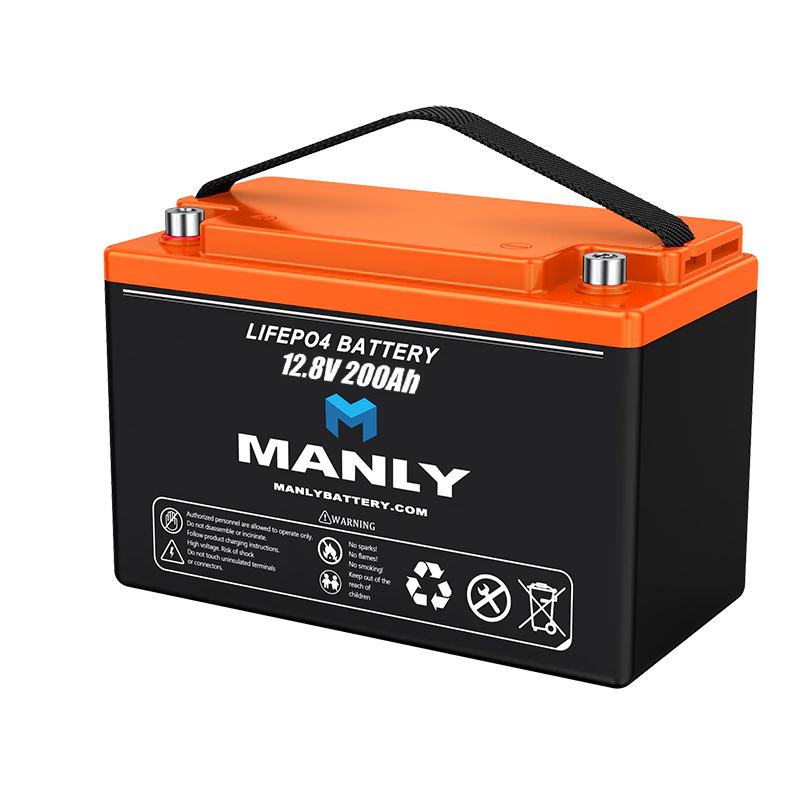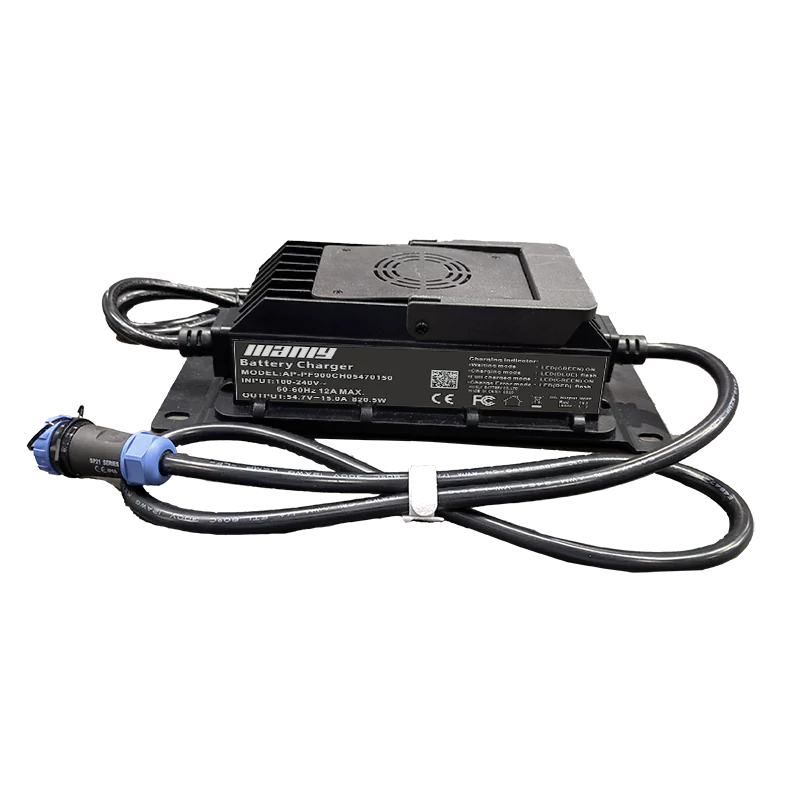The Ultimate Guide to UPS Battery Replacement: Upgrading to LiFePO4 Batteries
Table of Contents
- The Ultimate Guide to UPS Battery Replacement: Upgrading to LiFePO4 Batteries
- I. Introduction
- II. The Challenge with Traditional UPS Batteries
- III. The Advantages of LiFePO4 Batteries
- IV. The Process of UPS Battery Replacement
- V. The Cost-Benefit Analysis of LiFePO4 UPS Battery Replacement
- VI. Environmental Impact of LiFePO4 Batteries
- VII. Real-Life Cases of LiFePO4 Battery Implementation in UPS
- VIII. Final Thoughts: Why LiFePO4 is the Future of UPS Battery Replacement
- IX. Conclusion
- Learn More About Battery
I. Introduction
In our increasingly connected world, having a stable and uninterrupted power supply is more than a convenience - it's a necessity. Uninterruptible Power Supply (UPS) systems play a pivotal role in this context. They ensure our computers, servers, and other vital equipment remain operational even during power interruptions, protecting against data loss and downtime.A UPS system primarily relies on its batteries, which store the electrical energy that can be dispatched during a power outage. Common types of UPS batteries include valve-regulated lead-acid (VRLA) batteries, flooded lead-acid batteries, and more recently, Lithium Iron Phosphate (LiFePO4) batteries. These battery types differ significantly in their performance, lifespan, and maintenance requirements.VRLA batteries, often used in smaller UPS systems, have a typical lifespan of 3-5 years. Flooded lead-acid batteries, usually found in larger, industrial-scale UPS systems, can last between 10-20 years with proper maintenance. On the other hand, LiFePO4 batteries, though a relatively new entrant in the UPS battery market, promise a lifespan of up to 10 years with less maintenance.However, no battery lasts forever. Over time, a battery's ability to store and deliver power diminishes due to numerous factors like usage patterns, environmental conditions, and the natural aging process of battery materials. This degradation leads to a decrease in the UPS system's runtime, thus compromising its primary function of providing uninterrupted power. That's why regular UPS battery replacement is necessary.By replacing UPS batteries periodically, you ensure that your UPS system performs optimally and reliably. It’s like changing the oil in your car or replacing the batteries in your smoke detector; these tasks are crucial for the efficient functioning and longevity of your devices. Timely replacement prevents sudden system failure during power outages and shields your critical equipment from potential damage. It's an essential practice in maintaining business continuity and operational efficiency.In the next section, we'll delve deeper into the limitations of traditional UPS batteries and explore why many are turning to newer, more efficient battery technologies like LiFePO4. Through real-world case studies and relevant data, we'll illustrate how making the right choice for UPS battery replacement can significantly enhance your UPS system's performance and longevity. We'll further expound on how the replacement process is carried out and its crucial role in ensuring smooth, uninterrupted power supply. So, stay tuned as we navigate through the realm of UPS battery replacement - a subject of paramount importance in today's power-dependent world.
II. The Challenge with Traditional UPS Batteries
Venturing further into the realm of UPS batteries, we encounter a series of challenges tied to traditional UPS batteries, such as lead-acid types. For many years, lead-acid batteries have been the backbone of UPS systems, providing power in times of need. However, as reliable as they may seem, they aren't without limitations.One significant downside of traditional lead-acid batteries is their lifespan. Typically, these batteries last between 3-5 years for VRLA types and up to 20 years for flooded types, but these figures are subject to optimal operating conditions. Real-world scenarios can often be harsher, with fluctuating temperatures, irregular charging patterns, and heavy load demands causing premature aging and performance degradation in these batteries.Data from a study conducted by the Battery Council International reveals that around 84% of lead-acid batteries fail prematurely due to sulfation – a build-up of lead sulfate crystals. This crystalline deposit interferes with the battery's ability to hold a charge, causing the UPS system to become less reliable over time.Moreover, lead-acid batteries have a 'memory effect.' This means if they're not fully discharged before recharging, they tend to lose their maximum energy capacity. This further reduces their operational life and makes frequent replacement a necessity.Now, let's talk about the elephant in the room: frequent battery replacement. With lead-acid batteries, frequent replacement becomes a part of your routine maintenance. It's not just about the cost of the new batteries; it's also about the labor and time involved in replacing them.Take, for instance, a case study involving a data center using VRLA batteries in their UPS systems. The company had to replace batteries every three years on average, costing them significantly in terms of both time and resources. Furthermore, they had to manage the disposal of the old batteries responsibly, considering the environmental impact.So, while lead-acid batteries have served us well in the past, their limitations highlight the need for an alternative. A solution that not only matches the reliability of traditional batteries but also addresses their inherent disadvantages. In our next section, we'll introduce a promising contender – the LiFePO4 battery. Stay with us as we delve into its advantages and why it's becoming an increasingly popular choice for UPS battery replacement.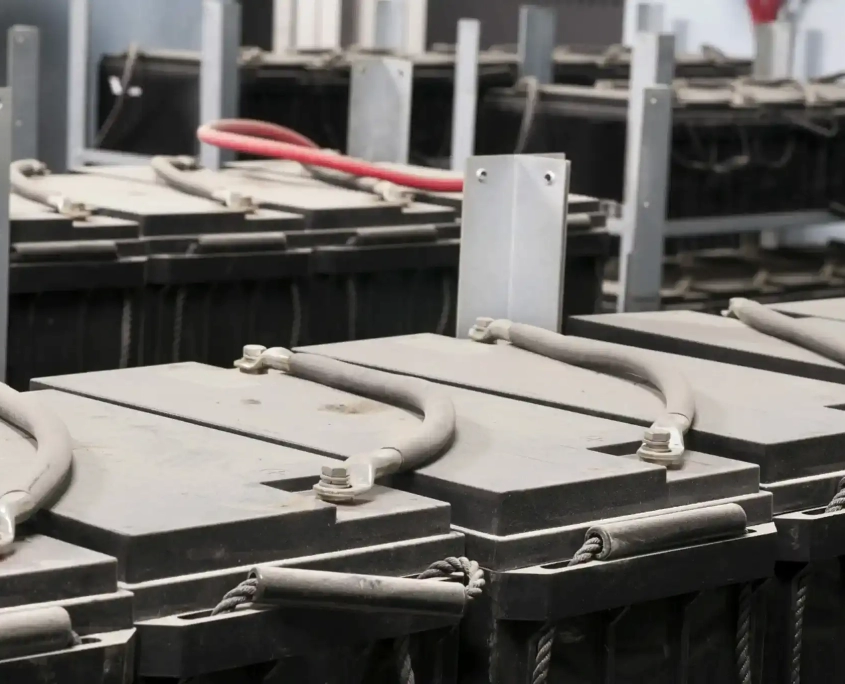
III. The Advantages of LiFePO4 Batteries
Navigating through the challenges with traditional UPS batteries leads us to an exciting alternative that has been gaining traction in recent years - the Lithium Iron Phosphate (LiFePO4) battery. These batteries bring a breath of fresh air to the UPS scene, offering a suite of advantages that address many of the limitations found in lead-acid batteries.LiFePO4 batteries are a type of lithium-ion battery known for their long lifespan, low maintenance, high efficiency, and excellent safety record. They use lithium iron phosphate as the cathode material, which gives them unique properties not seen in other lithium-ion batteries.So, how do they fare when compared to traditional UPS batteries? Let's explore.1. Lifespan: LiFePO4 batteries have an impressive lifespan, often up to 10 years or more. This is a significant improvement compared to the 3-5 years of VRLA and even up to 20 years of flooded lead-acid batteries. In a report by Battery University, a LiFePO4 battery can handle up to 2000 full charge-discharge cycles before its capacity drops to 80%. That's nearly twice the longevity of typical lead-acid batteries under similar conditions.2. Maintenance: Another advantage is their low maintenance. Unlike lead-acid batteries, LiFePO4 batteries do not suffer from the "memory effect" or require regular water top-ups. This makes them an excellent choice for applications where reduced maintenance is a priority.3. Efficiency: LiFePO4 batteries have a high energy efficiency, typically around 95%. This efficiency is crucial in UPS applications, where every watt counts. This means less energy is wasted during charging and discharging, translating to energy savings in the long run.4. Safety: Safety is of paramount importance in battery technology, and this is where LiFePO4 batteries shine. They're known for their exceptional thermal and chemical stability, which provides increased safety over other lithium-ion types. They're less likely to overheat or catch fire, even under harsh conditions. A study published in the Journal of Power Sources affirmed that LiFePO4 batteries exhibit superior thermal stability compared to other lithium-ion counterparts.To illustrate the benefits of LiFePO4, consider the case of a telecommunications company that switched from VRLA to LiFePO4 batteries in their UPS systems. They reported fewer replacement cycles, reduced maintenance costs, and an improvement in the overall energy efficiency of their systems.Therefore, as we transition into a world increasingly dependent on reliable power supply systems, LiFePO4 batteries emerge as a powerful, efficient, and safe solution for UPS battery replacement. Stay tuned as we explore the process of UPS battery replacement in the next section.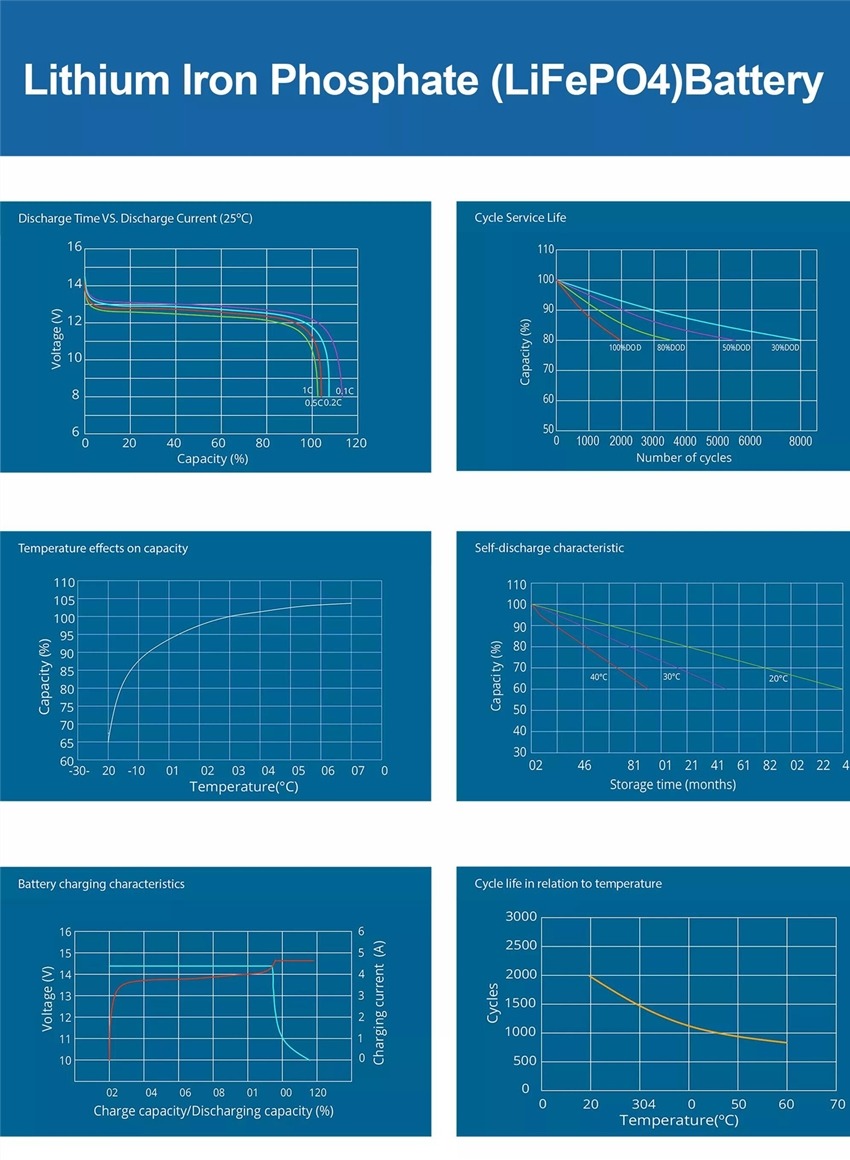
IV. The Process of UPS Battery Replacement
As we venture further into the realm of UPS battery replacement, it's crucial to understand the process involved. This step-by-step procedure ensures that the UPS system continues to function optimally and safely. Whether you're replacing a traditional lead-acid battery or switching to a LiFePO4 battery, the basic steps remain similar, but with some crucial considerations.1. Preparation: Before you begin, ensure you have the right replacement battery. Check the specifications recommended by your UPS manufacturer. It's also important to turn off the UPS and disconnect it from the power supply for safety.2. Removal of the Old Battery: Open the battery compartment of your UPS unit. Be sure to handle the old battery carefully due to its weight and the potential for leakage of corrosive material.3. Installing the New Battery: Place the new battery into the UPS unit. Make sure the connections align with those in the UPS unit. Attach the cables, ensuring positive connects to positive and negative to negative.4. Testing: Once installed, connect the UPS to the power supply and switch it on. Monitor the unit to make sure it operates correctly.5. Safe Disposal: Dispose of the old battery safely and responsibly. Lead-acid batteries, in particular, contain harmful materials that should be recycled appropriately.When switching from traditional UPS batteries to LiFePO4 batteries, there are additional factors to consider:1. Compatibility: Make sure the UPS system is compatible with LiFePO4 batteries. You might need to adjust the charging profile to match the new battery.2. Installation Space: LiFePO4 batteries often have a higher energy density than lead-acid batteries. This means they may be smaller for the same capacity, allowing for potential space-saving.3. Professional Installation: Given the different characteristics of LiFePO4 batteries, you might want to consider professional installation, particularly for larger UPS systems.4. Cost Factor: While LiFePO4 batteries may have a higher upfront cost than traditional batteries, remember to consider the total cost of ownership. The longer lifespan and lower maintenance of LiFePO4 batteries often result in cost savings over time.Take, for instance, a case study from a healthcare facility that switched their UPS systems to LiFePO4 batteries. They sought professional assistance for the switch and found the transition smooth and beneficial in the long term. They reported not only improved efficiency but also substantial cost savings over time due to the longer lifespan and reduced maintenance requirements of the LiFePO4 batteries.In the next section, we'll delve deeper into the cost-benefit analysis of LiFePO4 UPS battery replacement. We'll explore how the initial investment might weigh against the benefits provided by these advanced batteries. So, stay tuned as we navigate this essential aspect of UPS battery replacement.